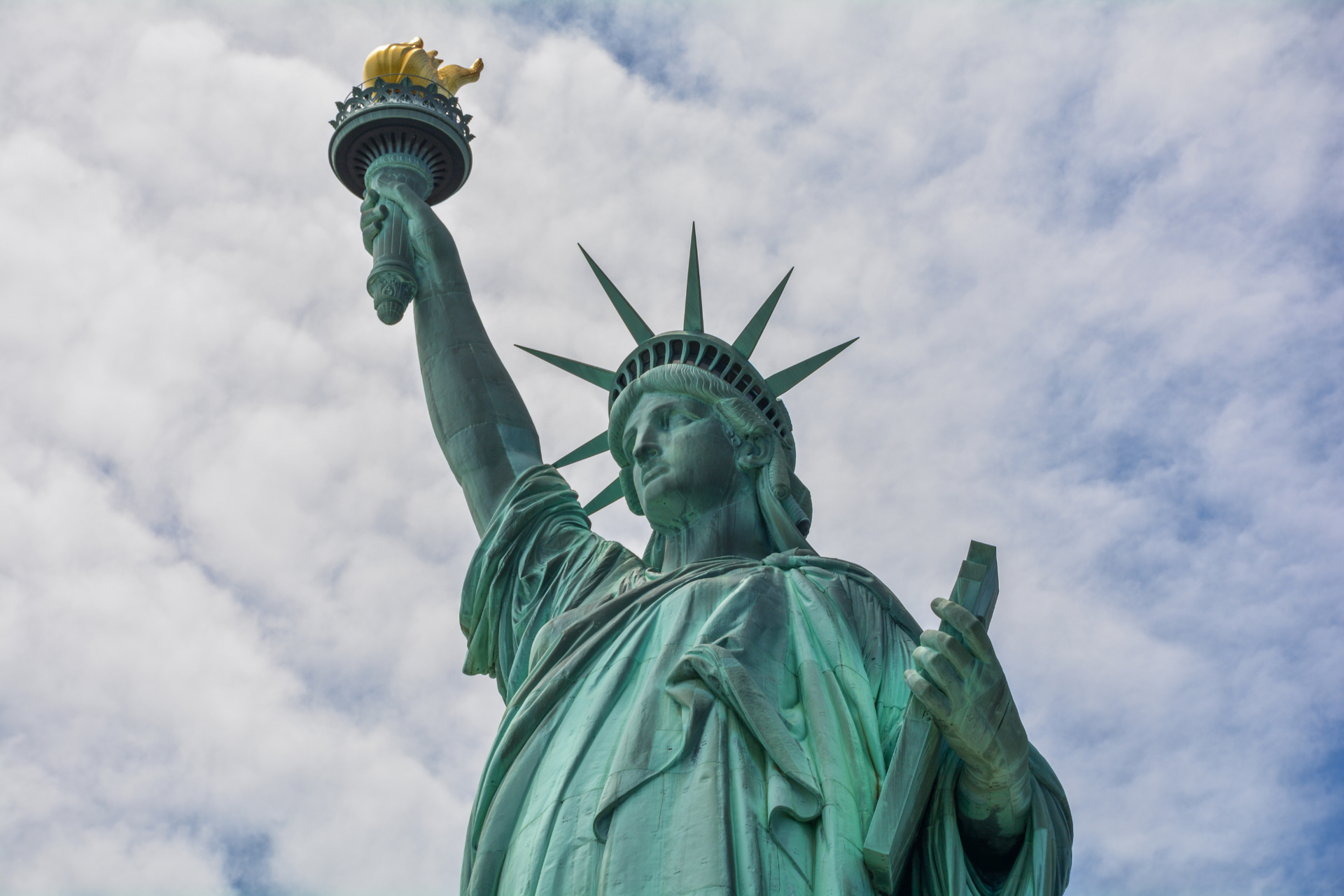Recent research reports one surprising difference between Hispanic people born in a state and those who move into a state: those born in the states are more likely to marry people who are themselves born in a state. The study included people from Puerto Rico as well as Spanish-speaking individuals from foreign countries.
History
Research specifically on intermarriage among Puerto Ricans includes historical studies. In a study from 1966, for example, people of Puerto Rican heritage living in New York were surveyed for an article in the American Journal of Sociology. Researchers found that those born in New York were far more likely than those born on the Island to marry someone who was not of Puerto Rican heritage.
The author of this study had told Time magazine in 1959, “I found that 25% of all the Puerto Rican marriages involved people of noticeably different shades of color. It is my own hope that they will make explicit the principles of human brotherhood, of universal respect for men and women, that have been implicit in their culture. If they do they will have brought a priceless contribution to the life of the mainland.”
A study in 2004 found that foreign-born Hispanics in the United States were more likely to marry foreign-born individuals from Spanish-speaking places than those born in the states, even when they chose partners from other ethnic backgrounds than their own. That is, Puerto Ricans born in Puerto Rico might be more likely to marry someone born in Mexico than to marry someone born in New York. Those born in the states were not especially likely to marry newcomers rather than other people born in the states.
A 2011 study found that Puerto Ricans had the highest percentage of intermarriages among Hispanics in the United States, but also compared with Americans of European and African heritage. A study in 2001 limited to Puerto Ricans living in Hawaii found that this group had the highest rate of intermarriage in the state.
In 2012, a study found that just 46% of stateside-born Puerto Ricans living in the states married fellow Puerto Ricans, while the numbers for Island-born Puerto Ricans were around 60% regardless of age of arrival.
A 2014 study found that more than half of all Puerto Ricans surveyed married other Puerto Ricans, and almost a quarter had married non-Hispanic Whites. In their study, they found that 15% of Puerto Ricans married Hispanics from other backgrounds. This study also found that Island-born Puerto Ricans were less likely to marry non-Hispanic White people than those born in a state.
Recent data
The recent study did not look specifically at people from Puerto Rico. This study found that Hispanic people born in a state married other Hispanic people 65% of the time. Foreign-born Hispanics, in which group the researchers included people born in the U.S. territory of Puerto Rico, married other foreign-born Hispanics just over half the time. Another 17% of the men in this group married Hispanics born in the states, as did another 13% of the women.
The two groups, then, were about equally likely to marry Hispanic people. Those who were born in a state, however, were more likely to marry someone else born in a state.
The conclusion drawn by these researchers was that people born in a state have a larger marriage market — a larger pool of applicants for the position of spouse, as it were. A paper from 1996 claimed that “it appears that women use migration to counter limited marriage opportunities in Puerto Rico.” However, women born in Puerto Rico are more likely to marry men born in Puerto Rico even when they live in a state.
Significance of intermarriage
Sociologists draw lots of conclusions from rates of intermarriage within communities and have been studying the subject for decades. Some continue to see intermarriage as an antidote to ethnic divisions and hostility. Americans in general are more open to the idea of ethnic intermarriage than in the past, with 39% considering the trend good for society.
For Puerto Ricans, who currently have a larger stateside population than they have in Puerto Rico, intermarriage is a basic fact of life.


